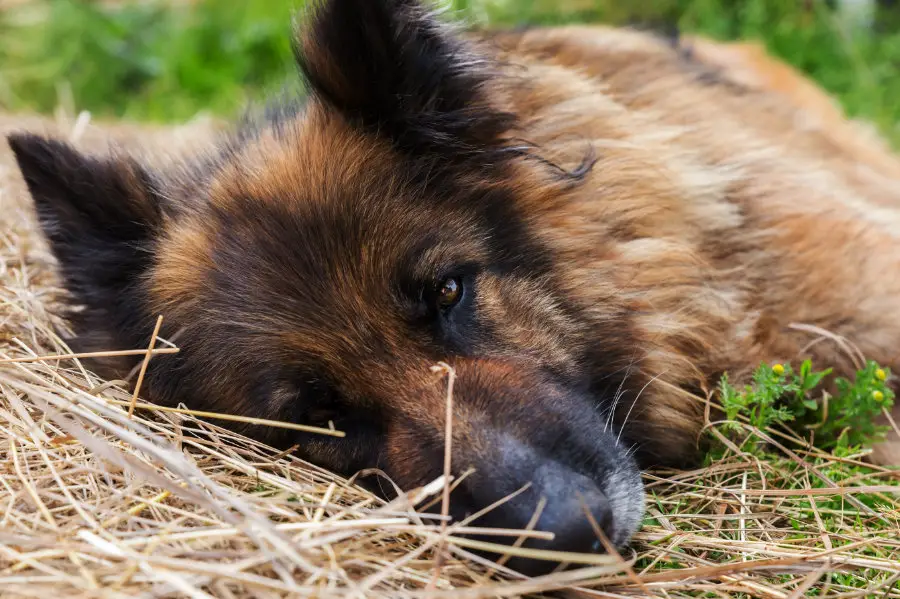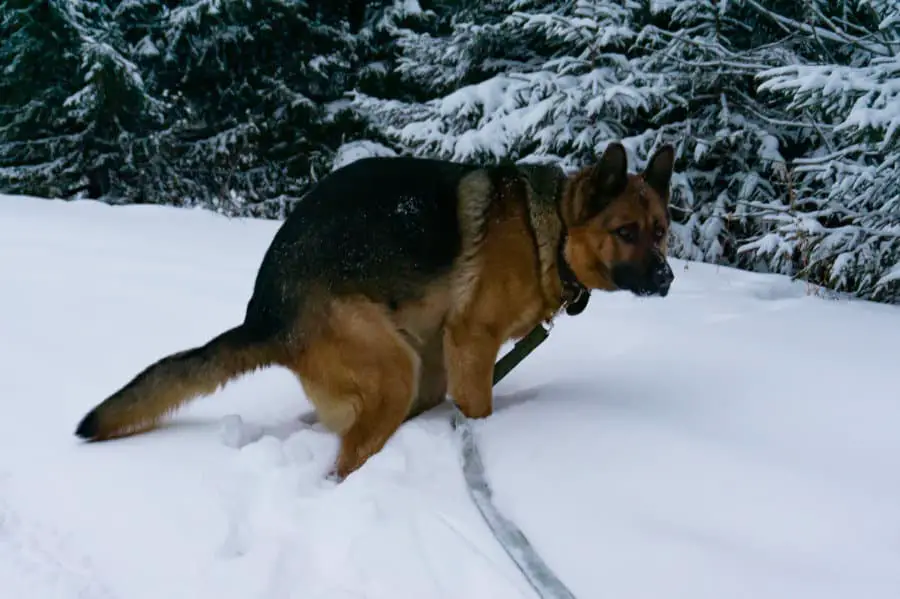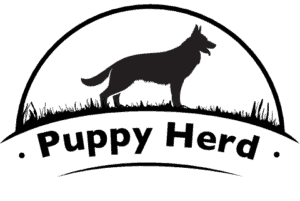Regular and consistent bowel movements indicate that your German Shepherd is healthy. But what if it hasn’t been attending to its fecal matters as much lately? Should you really be worried?
A German Shepherd can sometimes go 24 hours without pooping. If your dog has not pooped for 48 hours, it could be a sign of constipation or another health problem and you should consult with your veterinarian. If constipation is accompanied by other symptoms like vomiting, loss of appetite, lethargy, or if your dog seems to be in pain, it could be a sign of a more serious condition and you should seek immediate veterinary care.
Keep in mind that changes in diet, stress, or changes in environment can affect a dog’s bowel movements. If you notice changes in your dog’s bowel habits, it’s a good idea to consult with your vet, especially if these changes persist or are accompanied by other signs of illness. Regular exercise and a healthy diet with appropriate fiber content can also help maintain regular bowel movements in dogs.

How Often Should My German Shepherd Poop?
A healthy adult German Shepherd typically defecates at least once a day, but some dogs might go twice or more depending on their diet, age, and health. Puppies usually defecate more often due to their smaller size and more frequent meals. Puppies don’t have a fully-developed intestinal tract, so they aren’t able to digest food quite well. Hence, they need to go to the bathroom more often, generally about 5 times a day. You will also notice that they have looser stools.
Why Isn’t My German Shepherd Pooping?
Constipation is a common issue in dogs, including German Shepherds. Its symptoms include the dog’s inability to poop, whining while defecating, and overly hard stools.
Many things can cause constipation in dogs, including:
Fiber Imbalance
Eating too much or too less fiber can cause constipation. Your dog can get more fiber than needed, especially if it is feeding on table scraps or human food like carrots, wheatgerm, broccoli, etc.
On the other hand, having less fiber in the system is most likely due to low-quality dog food.
Anal Furunculosis
Anal furunculosis is a disease that causes inflammation in the anal area of a dog. It’s mostly common in middle-aged or older German Shepherds.
Symptoms of anal furunculosis include pain during defecation, a foul odor and tangled fur around the anus, and visible red ulcers in the area.
Eating Foreign Objects
German Shepherds are playful and like discovering new things. The problem is that sometimes they end up doing bad experiments, like eating things that they can’t eat or aren’t food.
If your dog has swallowed things like rock, stick, or even a chew toy, its digestive system can get obstructed, and if you’ve confirmed that’s the case, you need to take it to the vet immediately.
Dehydration
Dehydration can be highly fatal to a dog, and one of its symptoms is the inability to pass through waste. You can monitor your german shepherd’s daily fluid intake to ensure it’s getting enough water.
Mental Stress
A depressed or anxious dog may not be able to poop easily. Some other symptoms to look out for in this case include aggressiveness or neediness, lethargy or general disinterest in doing things it once liked, panicking around people or other animals, etc.
Lack of Exercise
Exercising loosens the large intestines and opens the path for the stool to get out. Furthermore, dogs can also get depressed or less hungry due to a lack of physical stimulation, affecting their bowel frequency.
Health Problems
Several diseases or health conditions can disturb a dog’s bathroom cycle. Some can be harmless or easier to treat, including gastritis or acid reflux. Others can be fatal, for example, prostate cancer or tumors.

How To Help A Dog that Can’t Poop?
As said before, constipation can indicate a serious health condition, and you should take your dog to the vet after 48 hours of not pooping. But you can still do some things until then to help your dog defecate as easily as possible:
Offer Canned Food
Canned food has moisture that can trigger number two. Many vets recommend canned pumpkin since dogs like eating this vegetable, and it also has high fiber and water content that can induce poop.
Give It Some Extra Water
When constipated, the stool can be dry and hard inside the body, making it difficult for the dog to do its thing. Giving your german shepherd an extra cup of water can help loosen the stool and make it less painful to pass.
Take it Out for A Walk
Sometimes, taking your dog out for a walk and helping it relax in the open air is all that’s needed to treat constipation. Moreover, a german shepherd needs at least 2 hours of daily exercise; do your best to ensure your dog gets it.
Prepare A Home Made Soup
Mix a quarter teaspoon of ginger with a half cup of chicken or any other broth and give it to your pet. Ginger is known to help with flatulence and bloating in dogs, while the broth will offer extra moisture for the poop to come out easily.
Try Low Residue Diet
A low residue diet consists of easily digestible food such as white rice, chicken, chicken fat, etc. It can be most useful in treating persistent constipation. However, it’s still a good idea to talk to a vet before switching to this diet.
Conclusion
In summary, a healthy German Shepherd typically defecates at least once a day, but the frequency can vary based on age, diet, and overall health. It’s important to monitor your pet’s regular habits so you can identify any significant changes. If your dog hasn’t pooped in more than 48 hours or exhibits other concerning symptoms, it’s crucial to seek veterinary care. Maintaining a balanced diet and regular exercise routine for your pet can contribute to healthy bowel movements and overall well-being. As always, when it comes to your pet’s health, regular check-ups with a veterinarian are essential to catch and address any potential issues early on.
FAQs
How Long Can a German Shepherd Go Without Peeing?
Dogs can hold their pee for up to 10 to 12 hours if needed, but they shouldn’t really be put in that situation. Depending on the size and fluid intake, a German Shepherd must pee at least once every 6 to 8 hours.
Can I Give Human Laxative to My German Shepherd?
No, you shouldn’t give human laxatives to dogs since they’re too strong for the animal’s system to handle. You shouldn’t even give it dog laxatives without a vet’s prescription.
